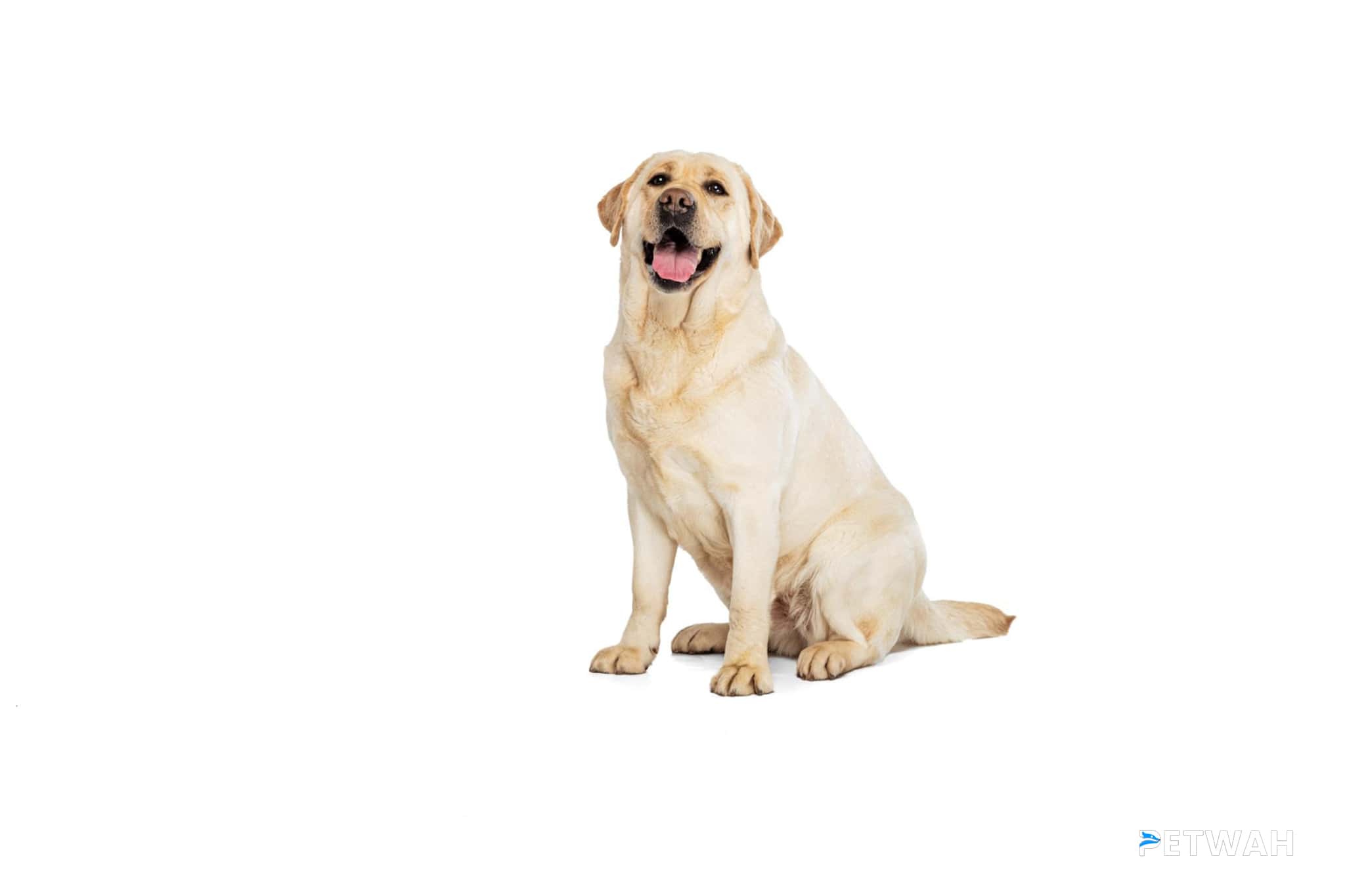As a responsible pet owner, ensuring the health and vitality of your Labrador Retriever should be a top priority. One of the most crucial factors that contribute to their overall well-being is a proper nutrition plan. Feeding your Labrador Retriever with a balanced and nutritious diet can help maintain a healthy weight, promote a lustrous coat, and support their overall immune system. In this article, we will explore the essential elements of a nutrition plan for Labrador Retrievers, including recommended food types, feeding schedules, and dietary supplements.
1. The Basics: Choosing the Right Food
When it comes to selecting the best food for your Labrador Retriever, it’s important to consider their specific nutritional needs. Look for high-quality dog food that meets the Association of American Feed Control Officials (AAFCO) standards. Labrador Retrievers thrive on a balanced diet that consists of:
– High-quality proteins: Chicken, beef, fish, and lamb are excellent protein sources for your Labrador Retriever. These proteins provide essential amino acids that support muscle development and maintenance.

– Healthy fats: Essential fatty acids, such as omega-3 and omega-6, are beneficial for your dog’s skin, coat, and overall health. Look for dog food that contains fish oil or flaxseed oil as a natural source of these healthy fats.
– Whole grains and vegetables: Whole grains like brown rice and oats, as well as vegetables like sweet potatoes and carrots, offer essential vitamins, minerals, and fiber that contribute to a well-rounded diet.
2. Feeding Schedule and Portion Control
Establishing a proper feeding schedule and portion control is crucial to prevent obesity and maintain your Labrador Retriever’s weight. Labrador Retrievers are prone to overeating, which can lead to health issues like joint problems. Follow these guidelines:
– Divide their daily food intake into two or three meals to prevent overeating.
– Monitor your Labrador Retriever’s body condition and adjust the portion sizes accordingly. Consult your veterinarian for precise guidance.
3. Consideration for Age and Activity Level
The nutrition needs of Labrador Retrievers change as they age and their activity levels vary. Here’s what you need to know:
– Puppy stage: During the growth stage (up to around 12 to 18 months), Labrador Retriever puppies need a diet rich in calories, protein, and essential nutrients to support their rapid growth and development.
– Adult stage: Once they reach adulthood, you can transition your Labrador Retriever to adult dog food formulated specifically for their breed size and energy levels.
– Senior stage: In the later years, Labrador Retrievers may require a diet formulated for seniors that aids in joint health and overall vitality.
4. Dietary Supplements
While a balanced diet is essential, some Labrador Retrievers may benefit from additional dietary supplements. Discuss with your veterinarian before introducing any supplements, but commonly recommended ones include:
– Glucosamine and chondroitin: These supplements support joint health and can be particularly beneficial for older Labrador Retrievers prone to arthritis.
– Fish oil: Adding fish oil supplements rich in omega-3 fatty acids can have a positive impact on your dog’s coat health, joint health, and brain function.
5. Water, Hydration, and Table Scraps
Hydration is key to your Labrador Retriever’s health. Always ensure they have access to fresh, clean water. Avoid giving them table scraps and be mindful of toxic foods for dogs, such as chocolate, grapes, onions, and caffeine.
FAQ:
1. How often should I feed my Labrador Retriever?
Labrador Retrievers should be fed two to three meals per day, divided equally.
2. What are the signs of proper nutrition in a Labrador Retriever?
Signs of proper nutrition include a healthy weight, a shiny coat, good muscle tone, and an overall vibrant demeanor.
3. Are there any foods Labradors should avoid?
Yes, certain foods like chocolate, grapes, onions, and caffeine are toxic to Labradors and should always be avoided.
4. Can I give my Labrador Retriever dietary supplements?
Dietary supplements like glucosamine and chondroitin or fish oil can be beneficial for Labrador Retrievers, but it’s essential to consult your veterinarian before introducing them.
5. Can I give table scraps to my Labrador Retriever?
Treats should be given in moderation, and while some human foods are safe for dogs, it’s generally best to avoid giving table scraps to your Labrador Retriever.
Conclusion:
A well-rounded nutrition plan is vital for the health and vitality of your Labrador Retriever. Choose high-quality dog food that meets their specific nutritional needs, establish a feeding schedule, and adjust portion sizes according to age and activity level. Consider incorporating dietary supplements after consulting with your veterinarian. Remember to provide fresh water at all times and avoid feeding them toxic foods. By following these guidelines, you can ensure your Labrador Retriever enjoys a healthy and vibrant life. For more pet care products and advice, visit PetWah.







